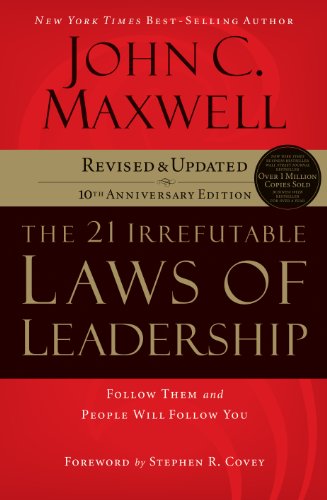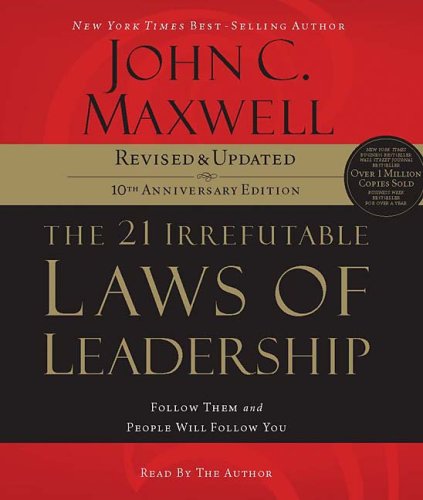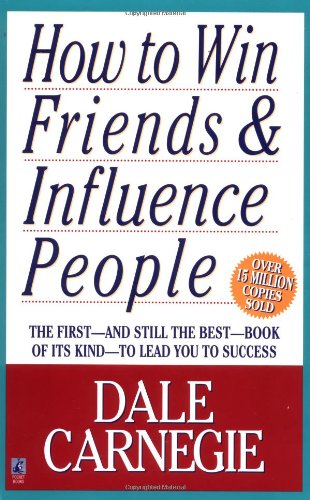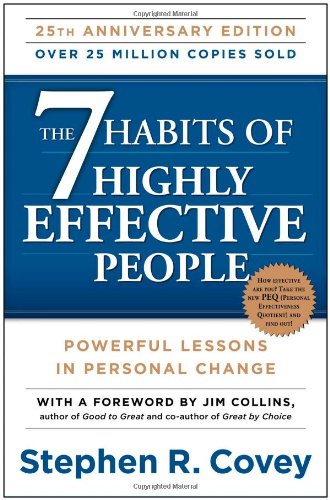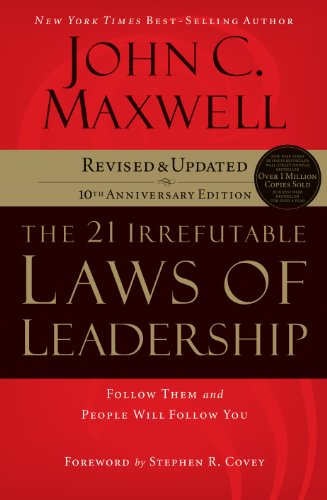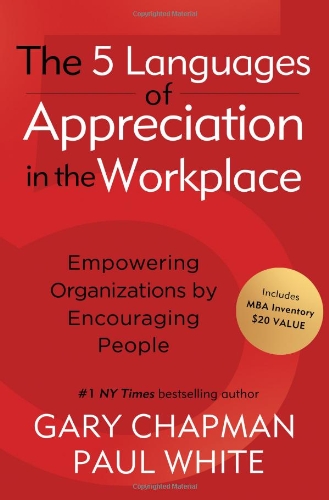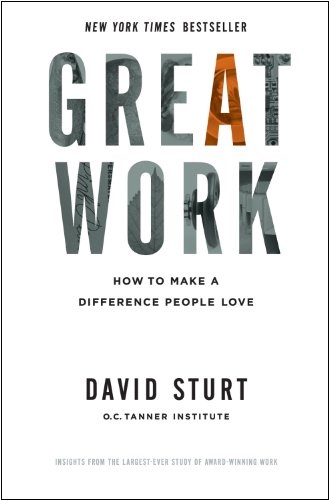
THE NEW YORK TIMES BESTSELLER
Great work lives inside all of us.
The question is: Do we make the contributions we’re capable of? Is our best work getting out there? Breaking through? Creating a difference the world loves?
We’ve long been told our ability to succeed depends on our IQ, talent, education level, gender, job title, or when and where we were born. Great Work turns that conventional thinking on its head to reveal that innovation can come from anyone, anywhere.
Especially you.
With insights from the largest-ever study of award-winning work, Great Work reveals five practical skills that will help you ideate, innovate, and deliver work that gets noticed and appreciated.
Great Work is filled with stories of real people in real jobs who did what was asked and then added something extra–a personal touch all their own–to deliver better-than-asked-for results. Their stories will inspire you to write your own page in the book of human progress.
PRAISE FOR GREAT WORK
“Great Work has me believing anyone can deliver a difference. I predict that ‘making a difference people love’ will embed itself in our lexicon for decades to come. — STEPHEN M. R. COVEY, AUTHOR OF THE BESTSELLER THE SPEED OF TRUST
“I recommend it to everyone, from every background, who has dreams of accomplishing great work.” — BARBARA CORCORAN, REAL ESTATE MOGUL, “SHARK” ON ABC’S SHARK TANK
“We all know difference makers who, in small ways, make a profound impact on how we work and live. This book helps us celebrate them.” — TOM POST, MANAGING EDITOR, FORBES MEDIA
“Great Work is a great work. It educates, inspires, and offers specific tools any employee or leader can use.” — DAVE ULRICH, PROFESSOR, ROSS SCHOOL OF BUSINESS, UNIVERSITY OF MICHIGAN; PARTNER, THE RBL GROUP
“It takes passion, risk, and foresight to think beyond the status quo and see problems as opportunities. This book is inspiration for doing exactly that.” — KARIM RASHID, INTERNATIONALLY RENOWNED DESIGNER
“Outstanding! A must read. Great Work will give you a whole new toolkit for success.” — LARRY KING, LEGENDARY INTERNATIONAL RADIO AND TELEVISION BROADCASTER

